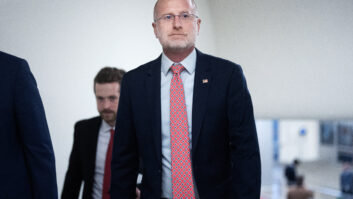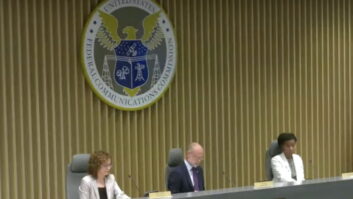NEW YORK � New York Attorney General Eric T. Schneiderman is leading a coalition of 22 States� Attorneys General in filing a multistate lawsuit to block the Federal Communications Commission�s rollback of net neutrality. The coalition filed a petition for review in the U.S. Court of Appeals for the D.C. Circuit, thus formally commencing a lawsuit against the FCC and the federal government. Read the petition here.�
According to the petition, the repeal of net neutrality would have �dire consequences for consumers and businesses� in New York and across the country that rely on a free and open internet � allowing internet service providers to block certain content, charge consumers more to access certain sites, and throttle or slow the quality of content from content providers that don�t pay more, according to Schneiderman�s press release.
�An open internet � and the free exchange of ideas it allows � is critical to our democratic process,� said Schneiderman, in the same press release. �The repeal of net neutrality would turn internet service providers into gatekeepers � allowing them to put profits over consumers while controlling what we see, what we do, and what we say online. This would be a disaster for New York consumers and businesses, and for everyone who cares about a free and open internet.�
A.G. Schneiderman�s office asserts that under the Administrative Procedure Act, the FCC cannot make �arbitrary and capricious� changes to existing policies such as net neutrality. The FCC�s new rule �fails to justify the commission�s departure from its long-standing policy and practice of defending net neutrality, while misinterpreting and disregarding critical record evidence on industry practices and harm to consumers and businesses.� Moreover, the rule wrongly reclassifies broadband internet as a Title I information service, rather than a Title II telecommunications service, based on an erroneous and unreasonable interpretation of the Telecommunications Act, according to Scheiderman�s office. Finally, the rule improperly and unlawfully includes sweeping preemption of state and local laws.
�







